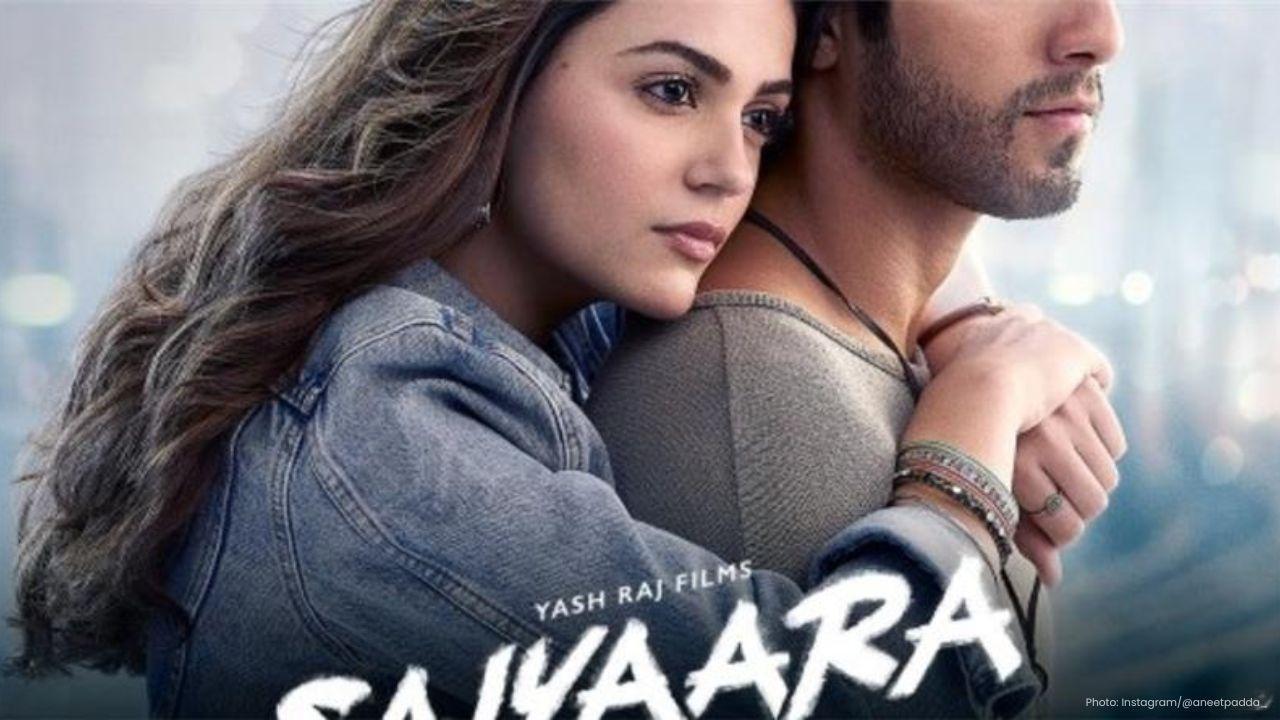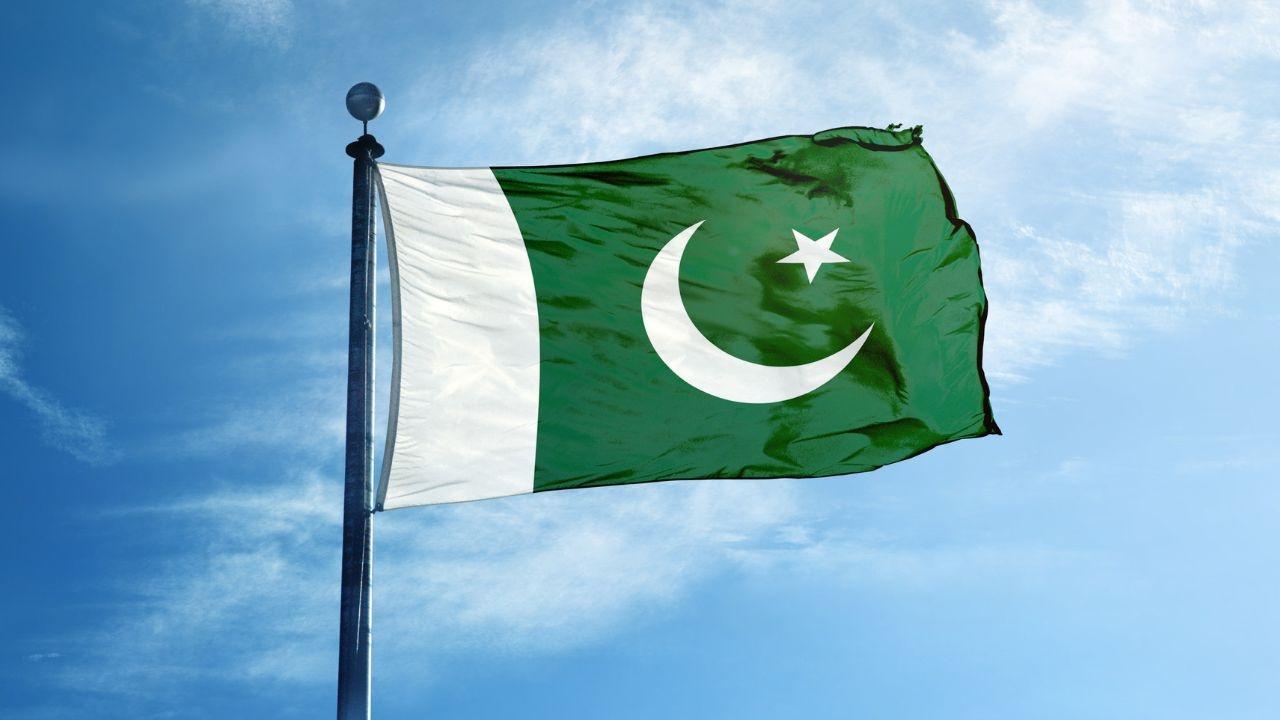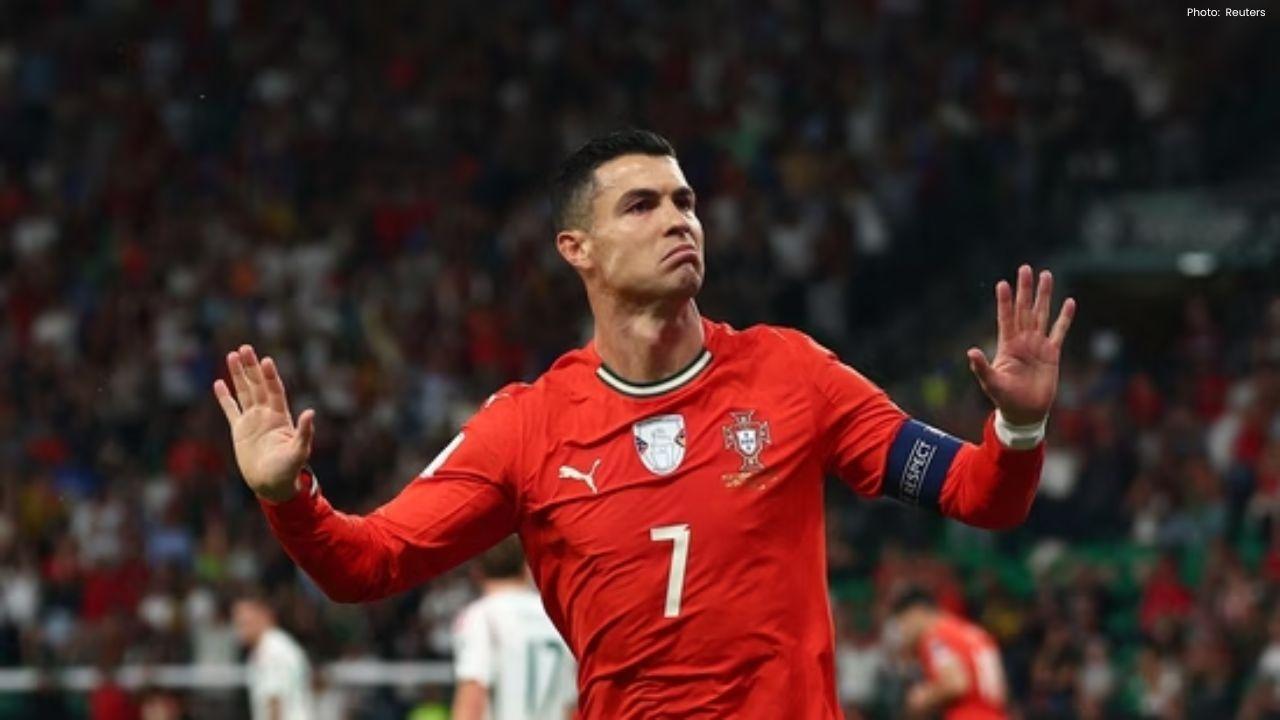
Post by : Vansh
In a world where billion-dollar stadiums and global sports broadcasts dominate the headlines, something far more authentic and meaningful thrives quietly in the background: traditional sports. These age-old games, deeply embedded in the cultural DNA of countless communities, continue to flourish in fields, villages, and neighborhoods. Grassroots Glory: Where Traditional Sports Still Reign Supreme is not just a nostalgic reflection — it is a celebration of perseverance, identity, and cultural pride.
While modern sports have evolved into highly commercialized industries, traditional sports have retained their spirit of simplicity and community connection. They’re not played for sponsorship deals or Instagram highlights but for honor, tradition, and shared joy. From dusty fields in India to icy lakes in Scandinavia, these sports endure as symbols of regional pride and collective memory.
One of the most compelling aspects of traditional sports is their deep-rooted significance in everyday life. These sports are often played during local festivals, religious rituals, or seasonal gatherings. They’re woven into the very culture of the people — passed from one generation to the next through storytelling, demonstration, and lived experience.
In South Asia, games like kabaddi and gilli-danda are still a common sight in rural landscapes. They require minimal equipment and emphasize agility, teamwork, and quick thinking. In Africa, nguni stick fighting is both a sport and a coming-of-age tradition. In the Andes, pelota mixteca, a form of traditional handball, dates back to pre-Columbian times.
These games help reinforce communal bonds. They bring together people of all ages and backgrounds, encouraging physical activity, cooperation, and respect. More importantly, they preserve regional languages, attire, chants, and customs that might otherwise be forgotten in the rush of modernization.
Despite centuries of change, Grassroots Glory: Where Traditional Sports Still Reign Supreme proves that these sports remain resistant to erasure. Their survival is an act of cultural resilience.
Colonialism, urban migration, and globalization all threatened the extinction of traditional games. Yet, many communities held on, adapting them to changing contexts while maintaining their essence. Take sumo wrestling, for instance. Though now a national sport in Japan, it began as a sacred ritual in Shinto temples. Even today, sumo matches retain ceremonial elements, reminding spectators of their ancient roots.
Similarly, in parts of Eastern Europe, traditional wrestling styles like kuresh and kragujevacki continue to be practiced in open fields during harvest festivals. These events aren’t just sporting contests — they’re expressions of identity, unity, and ancestral pride.
The last decade has seen a renewed interest in preserving and promoting traditional games. Schools, NGOs, and even digital influencers are playing a critical role in bringing these grassroots sports back into the spotlight.
In India, national programs like “Khelo India” aim to include traditional games such as malkhamb, thang-ta, and kabaddi in mainstream sports education. These efforts not only promote fitness but also reinforce cultural pride among young participants.
Social media has become another unlikely ally. Short videos on platforms like YouTube and Instagram showcasing traditional sports attract millions of views. Audiences around the world are discovering games they’ve never heard of, sparking curiosity and admiration.
Moreover, digital archiving projects and cultural blogs are documenting the history, rules, and techniques of endangered sports. This virtual preservation ensures that the knowledge is passed on even if physical play becomes rare in certain regions.
As countries look for sustainable tourism options, traditional sports are increasingly seen as a unique selling point. Cultural festivals and heritage tournaments attract both local and international visitors eager to witness authentic regional experiences.
In Kyrgyzstan, the World Nomad Games have gained international attention, showcasing traditional Central Asian sports like kok boru (a form of horseback rugby) and er enish (mounted wrestling). These events not only generate revenue but also foster cultural exchange and appreciation among diverse communities.
For many rural artisans, crafting equipment for these sports — like bamboo sticks, leather balls, or wooden bats — is a source of income. Thus, preserving traditional games also supports local economies and craftsmanship.
Beyond physical fitness, traditional sports promote mental well-being and social cohesion. Because they often emphasize collective effort over individual excellence, players develop empathy, leadership, and conflict-resolution skills. Elders, too, often play a mentoring role, sharing wisdom and instilling values.
Unlike mainstream sports, where competition can be cutthroat, traditional games often include playful elements, storytelling, and laughter. They are more inclusive — not requiring expensive gear or elite training — and more emotionally fulfilling.
Grassroots Glory: Where Traditional Sports Still Reign Supreme reminds us that these games are about more than winning. They are about belonging, balance, and the joy of movement.
This article has been created for informational and cultural exploration purposes by MiddleEastBulletin. It aims to highlight the significance of traditional sports across communities without promoting any particular region, group, or ideology. Readers are encouraged to view the content with cultural respect and open-mindedness.










Pageau's Overtime Goal Propels Islanders to 4-3 Victory Over Golden Knights
In a thrilling overtime finish, Jean-Gabriel Pageau leads the Islanders past the Golden Knights 4-3,

MLB Awards: deGrom and Acuna Jr. Shine as Comeback Players
Jacob deGrom and Ronald Acuna Jr. celebrated MLB Comeback Player Awards, alongside Ohtani and Judge

Portugal Confronts Ireland in Pivotal World Cup Qualifier
Portugal, led by Cristiano Ronaldo, faces Ireland in a vital Group F World Cup qualifier that could

Haaland's Brilliance Leads Norway to 4-1 Victory Against Estonia
Erling Haaland showcases leadership as Norway crushes Estonia 4-1, boosting their World Cup ambition

Hawks Triumph Over Jazz; Suns and Raptors Secure Victories
Hawks' Onyeka Okongwu and Jalen Johnson lead in a thrilling win against Jazz; Suns and Raptors also

Indian Men's Recurve Team Clinches First Asian Gold in Nearly Two Decades
The Indian men's recurve team triumphed over South Korea, securing their first Asian gold in 18 year